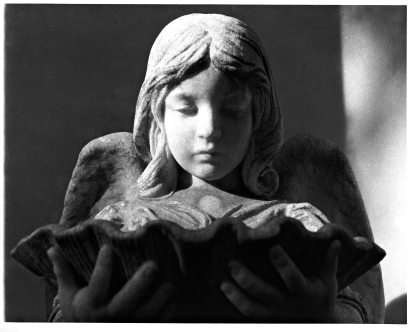Along with the King James Bible and the collected works of Shakespeare, the Book of Common Prayer has permeated the English language and given Anglophones worldwide some of our most beautiful and evocative phrases. Even the most secular among us get married (“to have and to hold from this day forward . . . till death do us part”) and buried (“ashes to ashes, dust to dust”) to its cadences. The rest of us seek to combat our spiritual enemies, “the world, the flesh, and the devil,” when we “read, mark, learn, and inwardly digest” the holy scriptures. Joan Didion even borrowed the entire title of Cranmer’s masterwork for a 1977 novel.
However, secularization has also removed context from the language of the prayer book. When Charles and Camilla married in 2005, I perceived in a BBC radio broadcast the gleeful schadenfreude of reports that the couple had openly admitted their previous affair when they acknowledged their “manifold sins and wickedness” during the wedding ceremony. With equal glee, I rushed home to report to my husband that these newscasters had clearly failed to recognize the language that Anglicans had been using in the General Confession since 1549–when they were “manyfold synnes and wyckednes.” Continue reading


